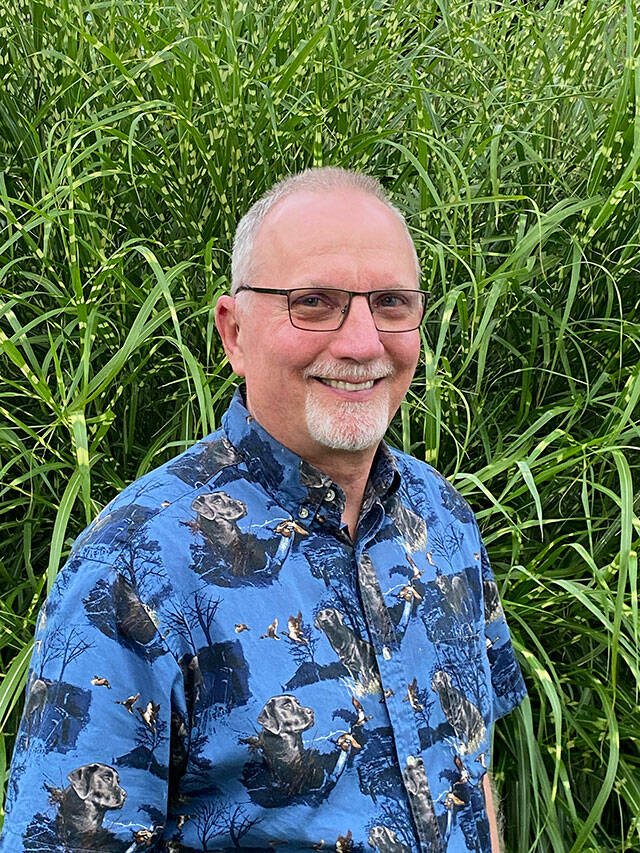“Loneliness: The unpleasant subjective perception arising from the discrepancy between an individual’s desired and actual level of social connection.
Social Isolation: A state in which an individual has objectively few social relationships or roles, and infrequent social contact” (the-smerconish-podcast.simplecast.com)
Have you ever been lonely? It’s an ailment that affects up to 50% of Americans on a regular basis according to the current U.S. Surgeon General, Dr. Vivek Murthy. Looking back on my life, I felt lonely in my mid-to-late twenties. I remember the feeling to be very painful. It brought back memories of my mother’s advice to me about my father when I was a teenager. He was very closed to his feelings and had few friends. When he was not at work, he spent a great deal of time in our basement, doing who knows what. My mother told me that I needed to open up and not follow in my father’s footsteps. It took me almost 30 years to carry through on her advice.
According to a Harvard study:
“In our recent national survey of American adults, 36% of respondents reported serious loneliness—feeling lonely “frequently” or ‘almost all the time or all the time’ in the four weeks prior to the survey. This included 61% of young people aged 18-25 and 51% of mothers with young children.
Young adults suffer high rates of loneliness and anxiety and depression. According to a recent CDC survey, 63% of this age group are suffering significant symptoms of anxiety or depression.”
According to an NPR study:
“There is an epidemic of loneliness in the United States and lacking connection can increase the risk for premature death to levels comparable to smoking 15 cigarettes a day, according to a new advisory from the U.S. Surgeon General.
And it warns that the physical consequences of poor connection can be devastating, including a 29% increased risk of heart disease; a 32% increased risk of stroke; and a 50% increased risk of developing dementia for older adults.”
Comedian and political commentator Bill Maher suggests that the mass shootings that we have experienced as a nation have come as a result of social isolation brought on by our technology:
“Even before the pandemic, nearly three in ten American males between eighteen and thirty weren’t having sex—almost triple what that number was ten years earlier. The closest they come to talking to a girl is Alexa. And spending so much time on screens has a lot to do with that. This is the phenomenon known as ‘incels’ which is short for ‘involuntary celibate’, and it’s not harmless.” It never is when any society, for whatever reason, creates men who are cut off from women.”
So, what are the solutions?
“Acts of kindness significantly reduced loneliness, stress, and conflict with neighbors.” (Lee Kum Sheung, Center for Health and Happiness)
America emphasizes individualism vs collectivism. We are probably the most individualistic nation in the world. We need to seek purpose and balance and connection.
Here are five strategies that we as a society can do based upon the NPR study:
• “Strengthening social infrastructure, which includes things like parks and libraries as well as public programs.
• Enacting pro-connection public policies at every level of government, including things like accessible public transportation or paid family leave.
• Mobilizing the health sector to address the medical needs that stem from loneliness.
• Reforming digital environments to ‘critically evaluate our relationship with technology.’
• Deepening our knowledge through more robust research into the issue—Cultivating a culture of connection.”
In my case, I took my mother’s advice and was able to move out of loneliness by deciding to connect with others, by joining organizations, especially becoming an active member of a church, reaching out to develop new friendships, and getting married and having children. I decided to “be the dad I never had.” Now, I, a grandfather of eleven, have changed my goal to “be the grandad I never had.”
If you’re lonely, and you don’t want to get heart disease, dementia, or stroke, try reaching out. It’s not easy, but make the effort. Meet new people. Learn to become more vulnerable and to share your feelings in appropriate ways.
The choice is yours just as it was mine some sixty years ago. Take my mother’s advice. It worked for me. It will work for you.


